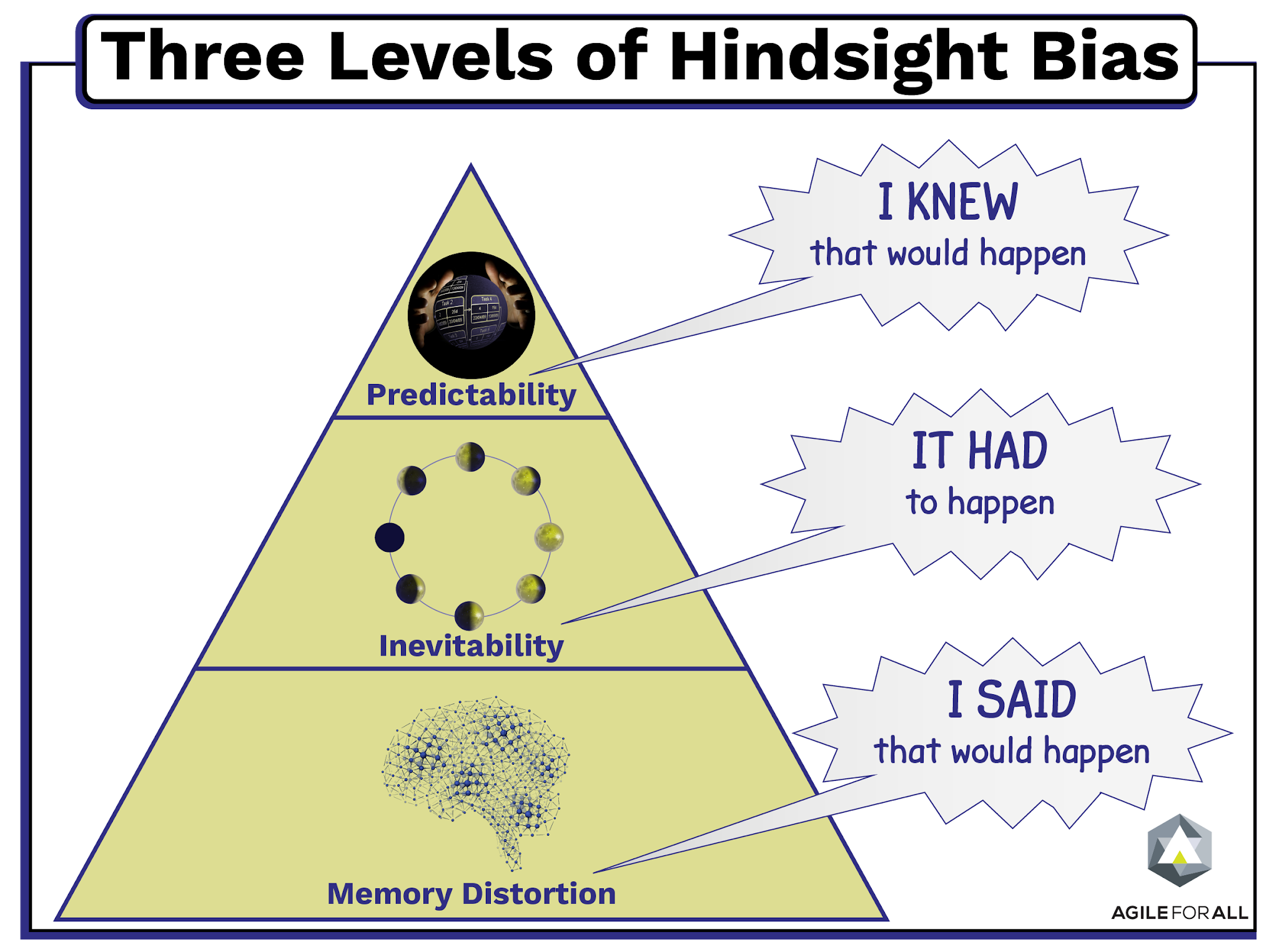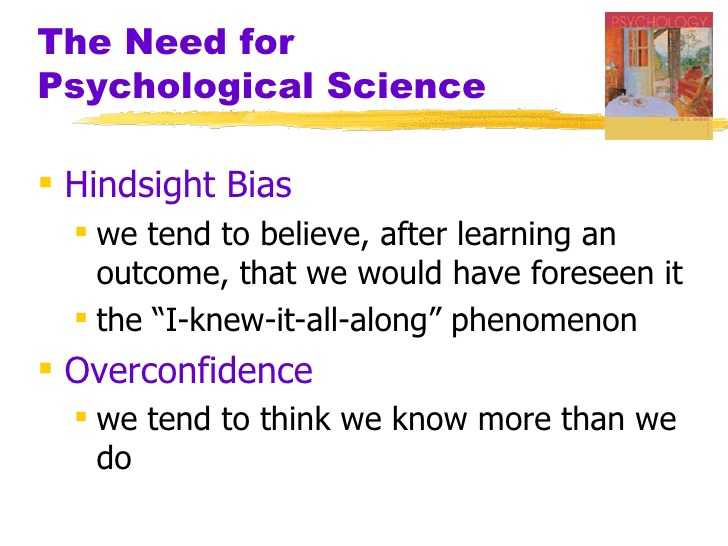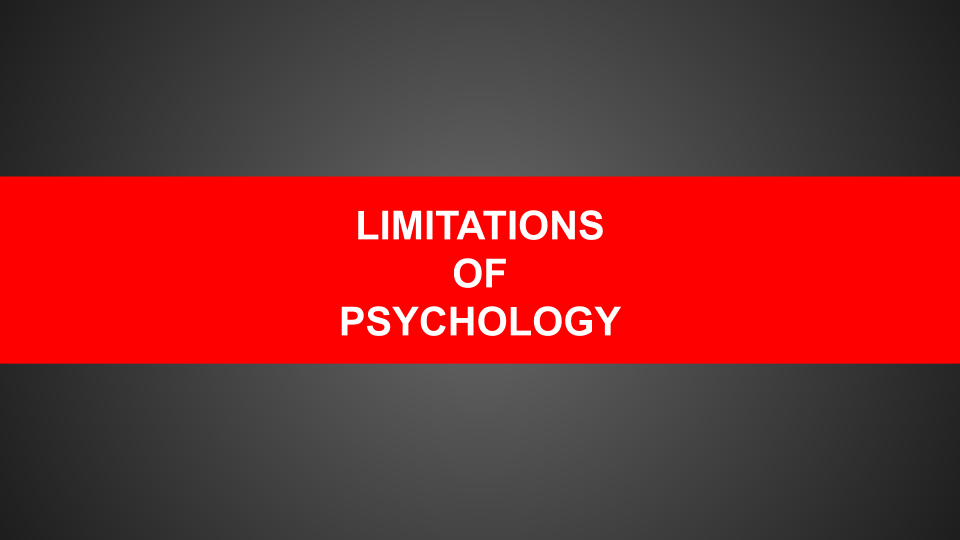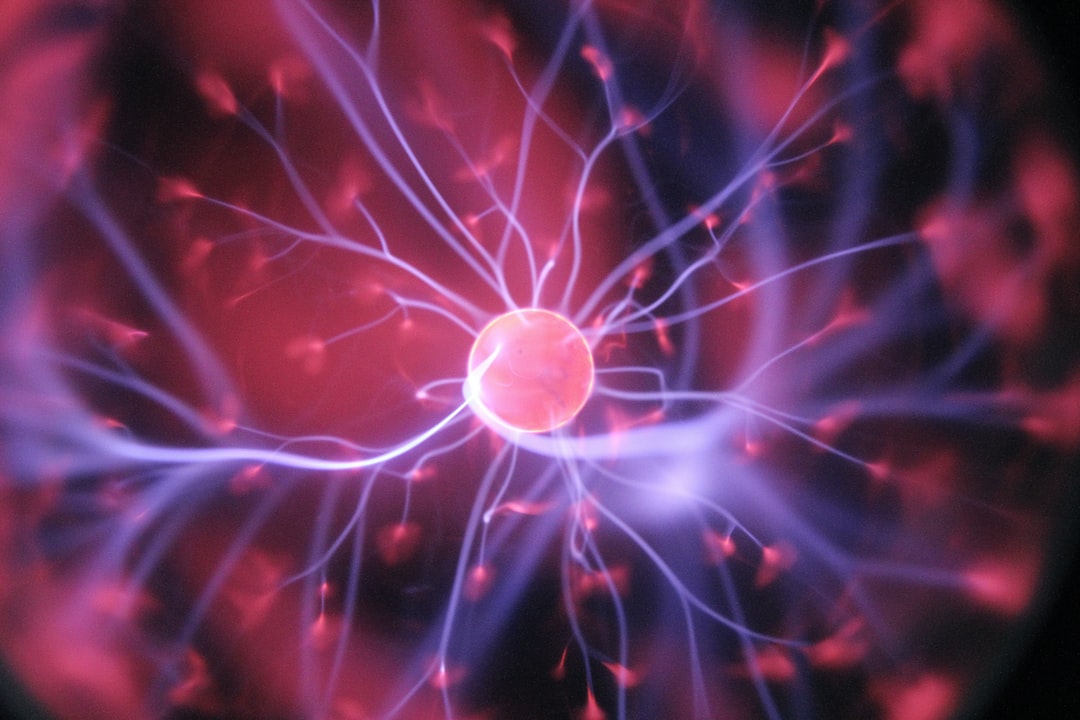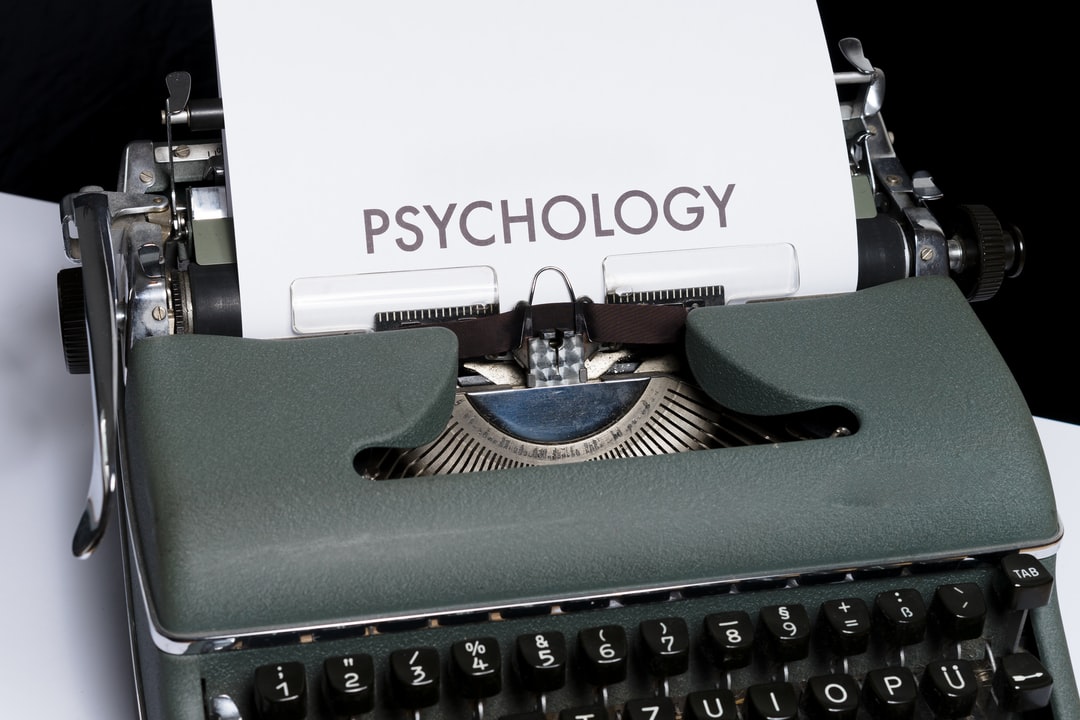AYUSH
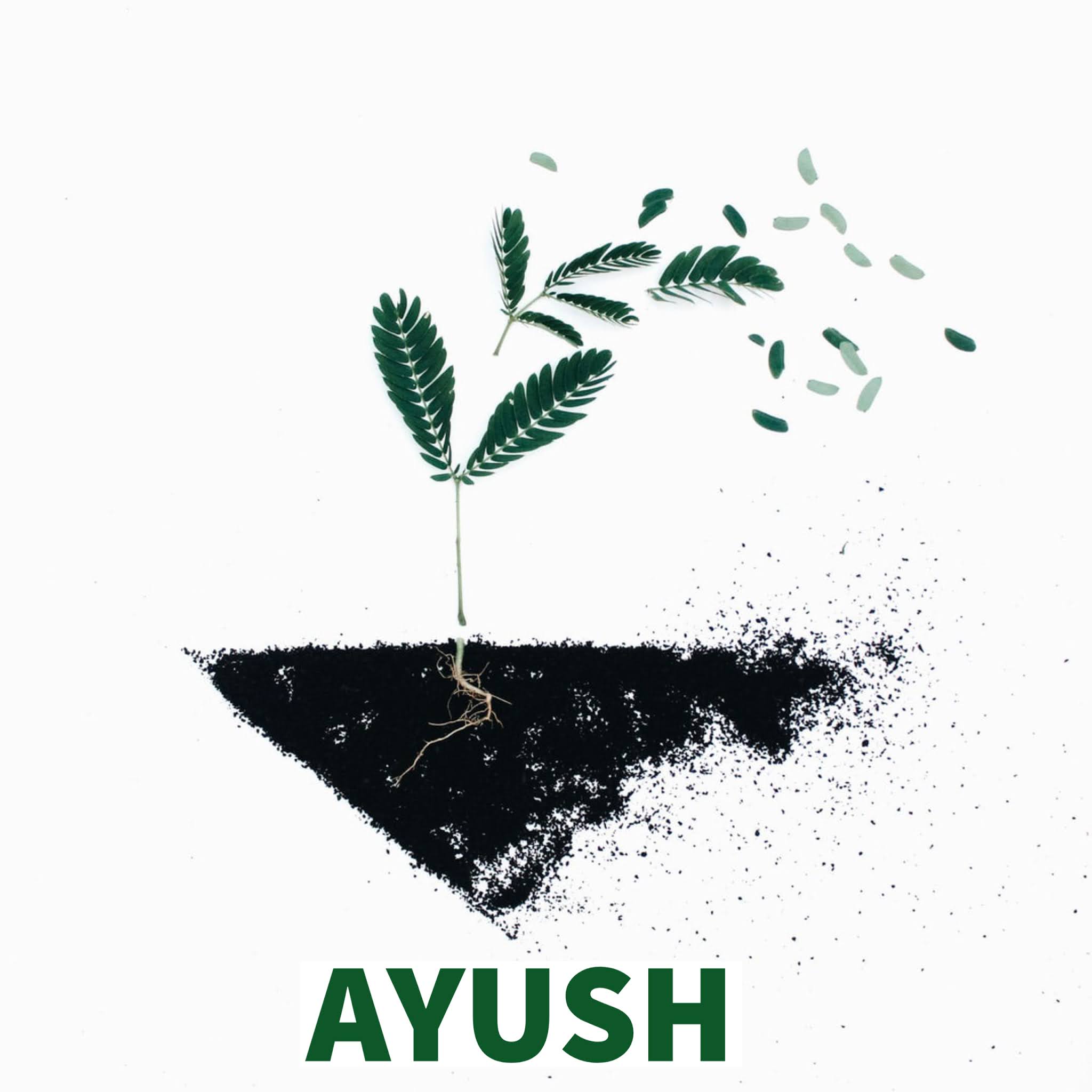
AYUSH? What is the meaning of Ayush? Ayush means "Life." So, What is life mean for you? YES, We are asking you. What is your Ayush; your life means to you? Think about it. Pure meaning of Ayush for us. "Long-Life; Long-Lived" Live Pure Natural well-being life with Ayush. AYUSH is a socially conscious health and wellness organization. "We believe what we do. We do what we believe." -Ayush


